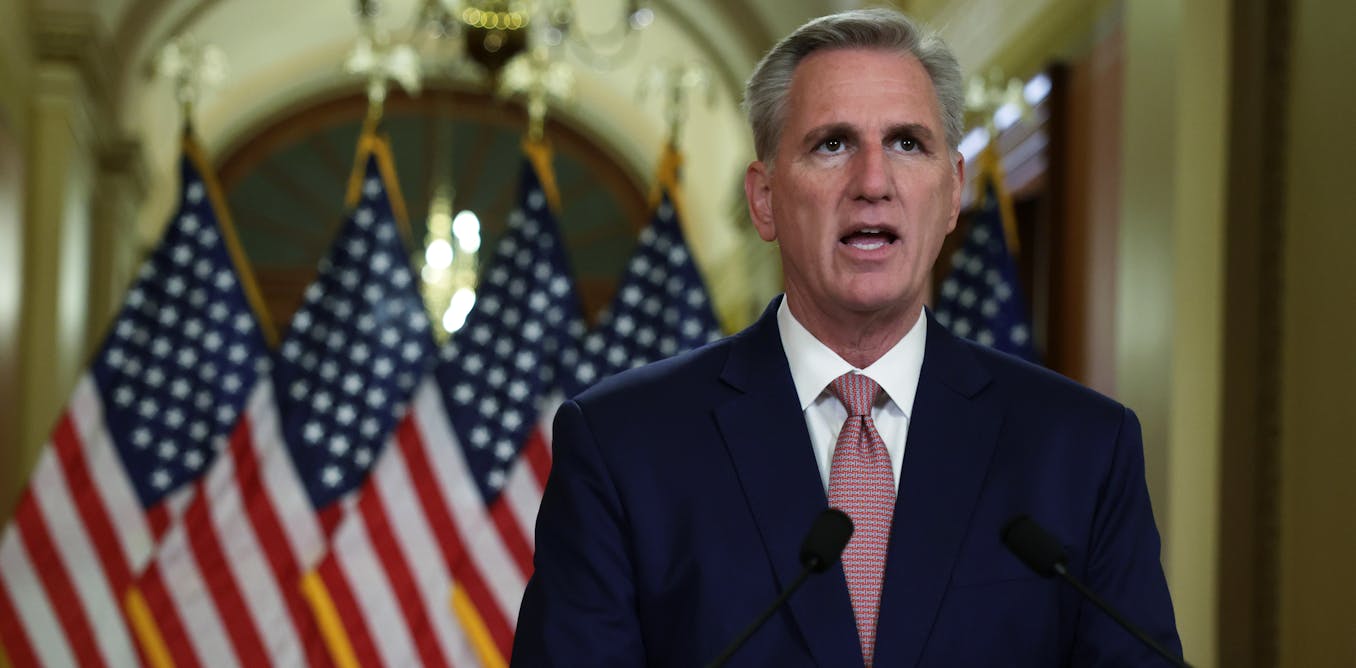Got an unaffordable or incorrect medical bill? Calling your hospital billing office will usually get you a discount
Researchers found that nearly 74% of patients who reached out about a billing mistake received bill corrections. For those who negotiated their bills, nearly 62% saw a price drop.
Aug. 30, 2024 • ~6 min








